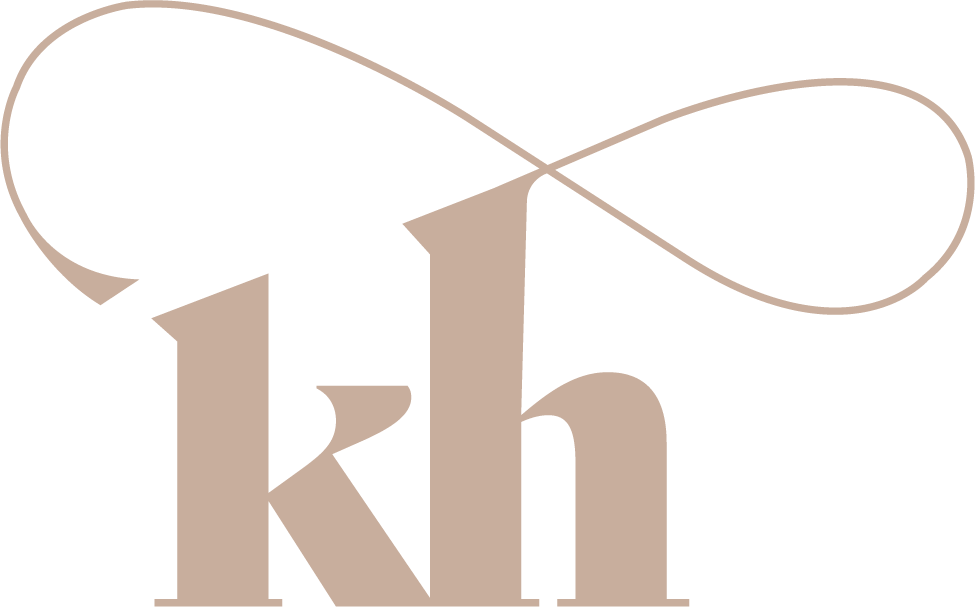Acing the Cover Letter
It’s recruiting season! Yippee! This is one of the most exciting and stressful times for a college student. Not knowing where you’ll end up for the summer, stressing over resumes, writing 18375 cover letters, and interviews! Hopefully this post will alleviate some of that stress and help you land that internship!
This isn’t the only way to write a cover letter and I’m sure recruiters have other tips as well, but these strategies have been successful for me. If you have any other tips, would love to hear about them in the comments!
1. The Basics
This is a long post, so if you’re pretty comfortable with cover letters, I would skip this paragraph!
One thing I noticed from a couple cover letters I’ve revised is that they jump straight into paragraphs and it looks like an essay. A cover letter serves a different purpose and is structured differently.
Purpose of cover letters: To introduce yourself, speak to specific experiences, and motivate the recruiter to interview you!
What they should include:
- Heading – similar to resumes, cover letters should have the same heading (name, email, phone number, and portfolio if applicable). You want it to be as easy as possible for recruiters to find your contact info
- Intro, body paragraph explaining experiences, and conclusion showing your excitement about the role
- Addressing the reader (“To whom it may concern”) and closing (“Thanks, [your full name]). I know this seems obvious, but I've read many cover letters that are missing this!
2. Content
This is what people struggle with the most, it definitely was for me! Cover letters allow you to showcase experiences not shown on your resume or expand on something you listed on your resume.
The first thing to do, is align your experiences with what the company is looking for. I typically look at the qualifications they’re looking for or the company values. I pick out 3 qualities that I most align with (i.e. organization, innovation, etc.) and think about experiences that go along with each of those.
Once I’ve picked my 3 topics, I write a short paragraph about my experience. I format this similarly to how I would answer a behavioral interview question.
- Explain the situation
- Why it was challenging
- How you overcame the challenge & made the project successful/ what you learned from the experience
This follows the STAR interview method, but I would close off the paragraph explaining how you will take this same quality into the workplace.
When applying to multiple companies at once, writing a different cover letter for each company can be daunting and time consuming. What has helped me save time is spending a few hours and writing paragraphs about 5-7 experiences that display different qualities. Thus, you only need to tweak your intro/conclusion and minor details in your body paragraphs to fit each company. This saves so much time and will also prepare you for interviews since you already know what experiences you can talk about.
3. FORMATTING
I’d argue that this is the most important thing in a cover letter and can make or break your application. This is because no one wants to read large chunks on a piece of paper, so if it’s not scannable, it’s going to end up in the rejection pile.
This is a really common mistake, but if you have a well-formatted cover letter, the recruiter will thank you and actually take the time to read your application. These simple fixes along with good content will make you a strong contender!
Here’s the breakdown:
- 1 to 2 paragraph intro
- Talk about what you’re studying and how it can relate to the role you’re applying to. Also, mention WHY you want to work at that specific company.
- 3 body paragraphs about specific qualifications they’re looking for in that role
- Have an opening statement saying what quality you’re going to talk about. I like to bold “[name of role] is about [quality (i.e. organization, being collaborative)]". By bolding this statement at the beginning of each paragraph, readers will quickly know what that paragraph is about and they can scan the cover letter quickly.
- A+ if you can throw in a tidbit showing that you did research like something you saw in the news or talking about a volunteer organization they work closely with.
- 1 short closing paragraph
- Reiterate why you want the role, why you would be a good fit, and show your excitement!
- Thanks them for their time and close it off!
I hope these tips were helpful and comment below or message me if you want to see more tips like these on the blog or have any qs!
xo Kerstin
